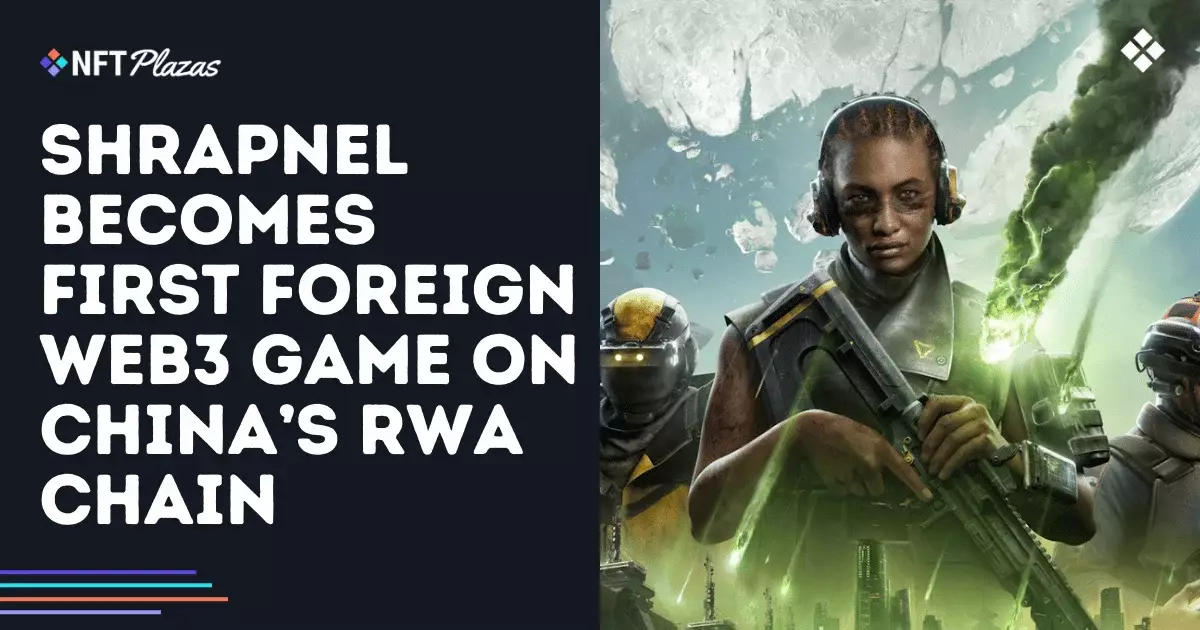In a world where digital collectibles are becoming increasingly mainstream, Sweet—a company already well-established in the realms of NFT marketplaces for the NHL and MLS—is set to make waves with its recent foray into mini-games on Telegram. Through their new offerings, Ice Snake and Glove Hero, Sweet is not just introducing novel entertainment options; they’re innovating the convergence of gaming and blockchain technology. The proposed integration of $SCOR, the yet-to-launch cryptocurrency set to accompany these games, presents a tantalizing glimpse of a future where digital assets are not merely collectibles but conduits for earning, spending, and engaging in a gamified economy.
What’s at Stake for Traditional Collectibles?
The real question that looms large here is: Will traditional collectibles be overshadowed by this new system? While many purists may cling to the nostalgia of physical memorabilia, the truth is that the digital age is already reshaping how we interact with our passions. Sweet’s initiative reveals an angle where involvement and interaction can directly translate into rewards, a far cry from passively owning static collectibles. This pioneering move towards a gaming-centric model may very well alter the expectations consumers have concerning fan engagement. Instead of merely possessing a piece of digital artwork, fans can now actively participate in a sport-adjacent economy that rewards their engagement and skill.
Potential Pitfalls in the Cryptocurrency Rollout
On the other hand, the imminent launch of $SCOR comes with its share of uncertainties. While Sweet has ambitious plans to integrate this token across their platforms, we must ask how effectively they will execute this strategy. The implementation of blockchain technology in gaming brings forth challenges such as security, user education, and market volatility. The fact that $SCOR hasn’t officially launched heightens the stakes. Will players be willing to engage and invest time and effort in these games when the tangible value of their efforts remains nebulous until the token is released? The anticipation surrounding the token may create initial hype, but if the rollout isn’t smooth, the disillusionment could be swift.
A Game Changer for Fan Engagement
Despite the risks, the upside could be extraordinary. $SCOR could facilitate a new dimension of fan interactions that extend beyond the traditional boundaries. Imagine enthusiasts trading in-game gems for exclusive NFTs or participating in tournaments that involve deeper stakes, both financial and personal. As a center-right perspective emphasizes digital innovation, it’s crucial to recognize the potential for economic growth and job creation that this new model can cultivate. Whether you’re a fan of hockey, soccer, or any other sport, the notion that your engagement could translate into tangible rewards changes everything. It fosters a culture of active participation rather than passive consumption.
Leveraging Blockchain: A Multifaceted Approach to Engagement
Additionally, Sweet’s decision to utilize The Open Network (TON) demonstrates a shrewd understanding of the operational landscape. By aligning with a blockchain developed by Telegram’s founding team, they capitalize on an existing infrastructure that can potentially ease the technical challenges typically associated with launching cryptocurrencies. This strategic partnership is vital. The blend of gaming and blockchain could attract not just avid fans but also tech-savvy individuals who might be drawn to the novelty of engaging with sports through games and cryptocurrencies.
This multifaceted approach to engagement could signify an expansive view toward what sports fandom looks like in the digital age. If Sweet successfully navigates the hurdles that come with this evolution, they might not only stand to gain financially but could very well redefine the landscape for fan engagement in sports entirely. The interplay of gaming, collecting, and cryptocurrency sets the stage for an innovative future brimming with possibilities.
Sweet’s current trajectory isn’t just a mere experiment; it’s a calculated risk with the potential to profoundly shift not just their fortunes but the very fabric of fan interaction and engagement in sports. The reality is that embracing this shift aligns with a future where sports are not simply watched or collected; they are actively experienced.


Leave a Reply